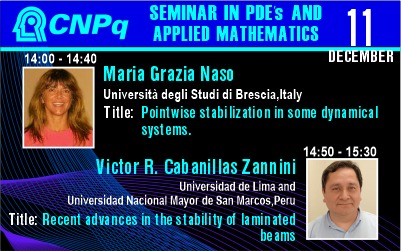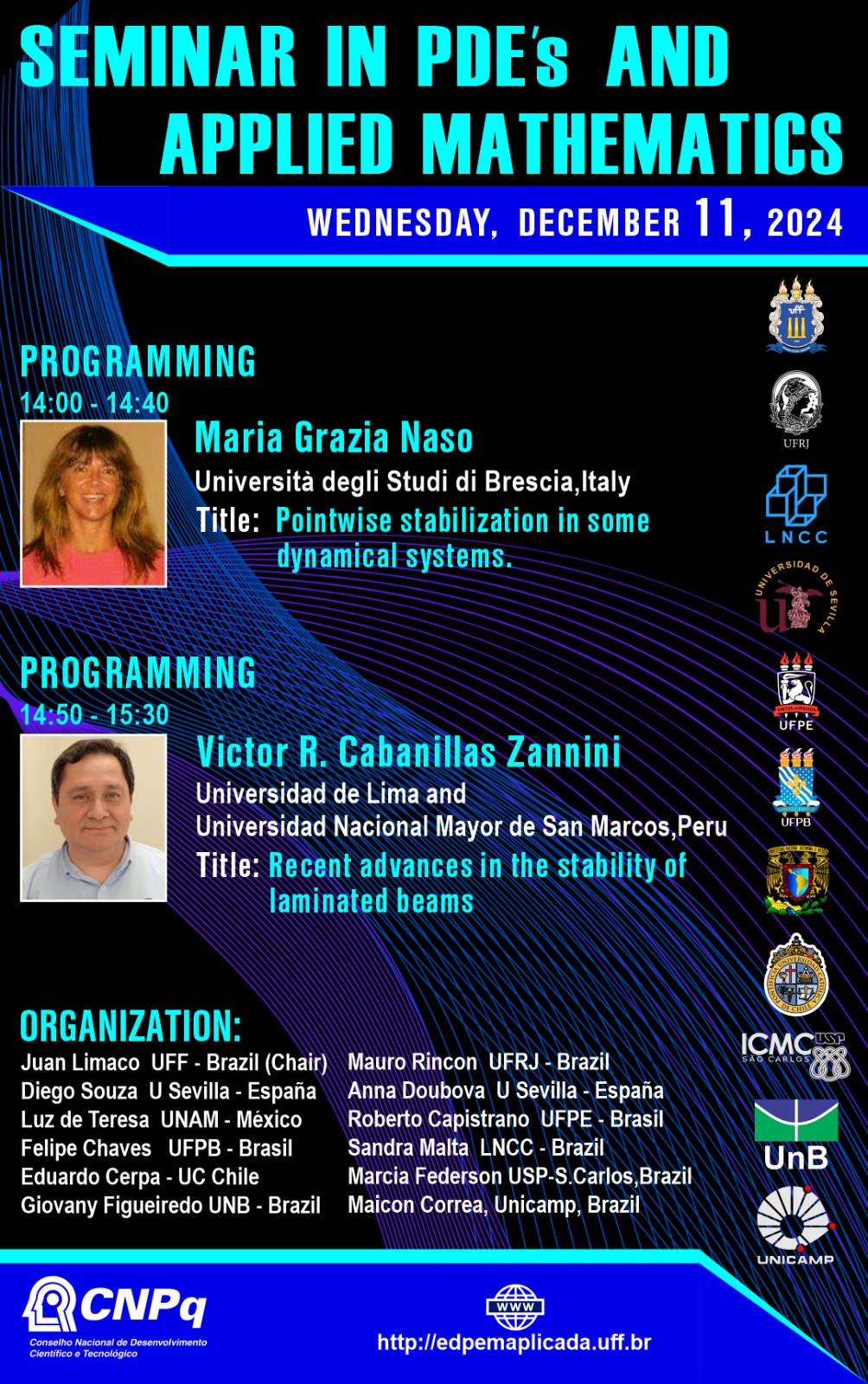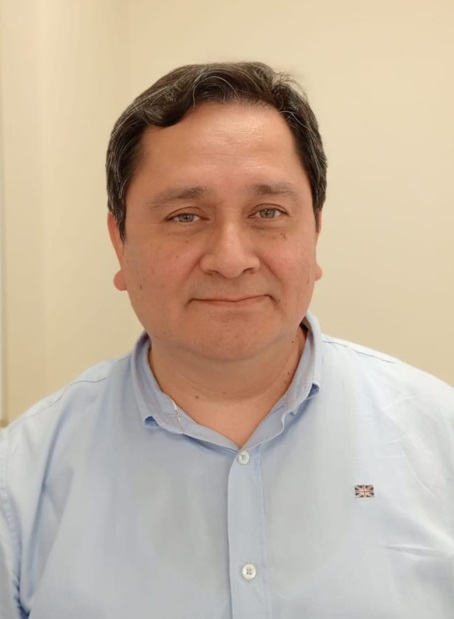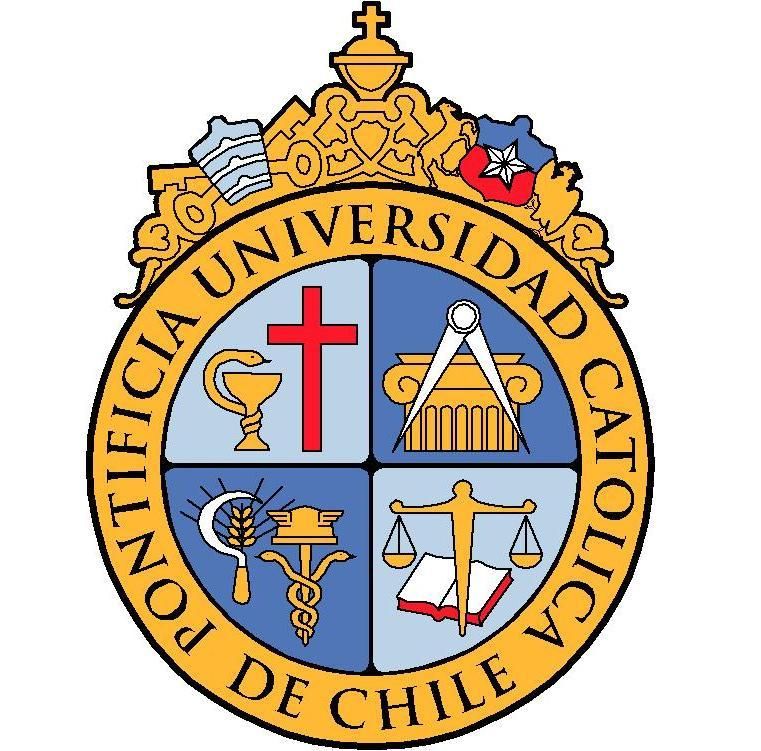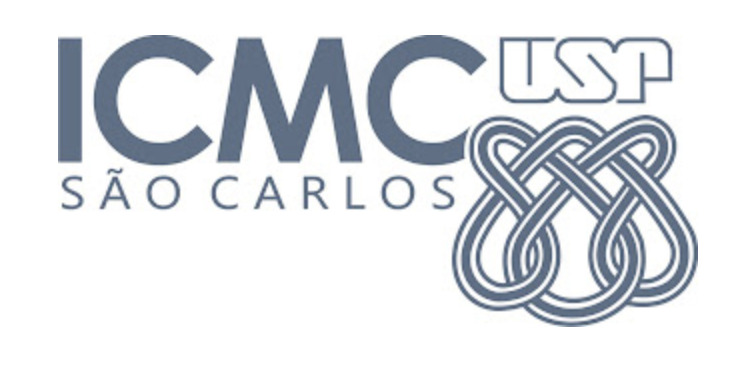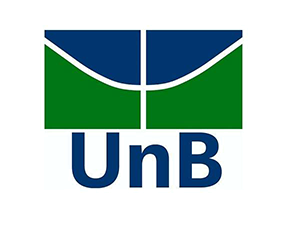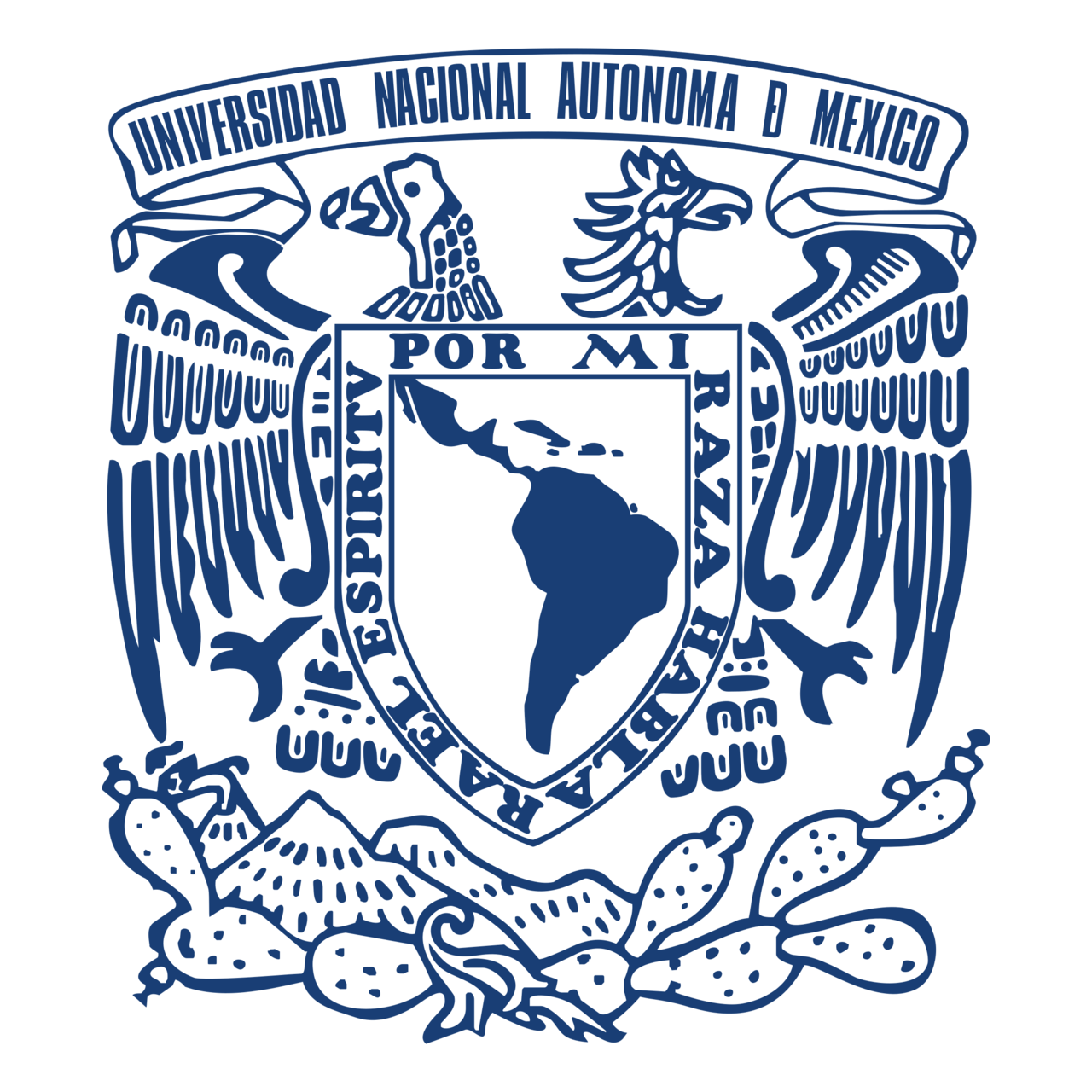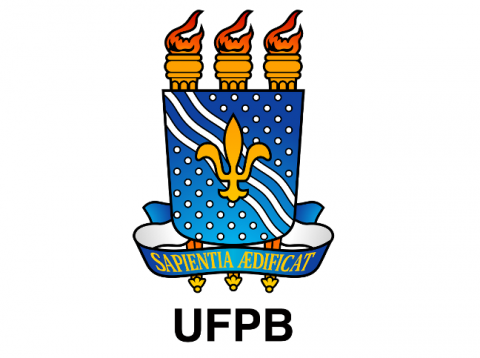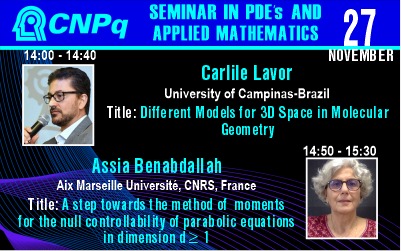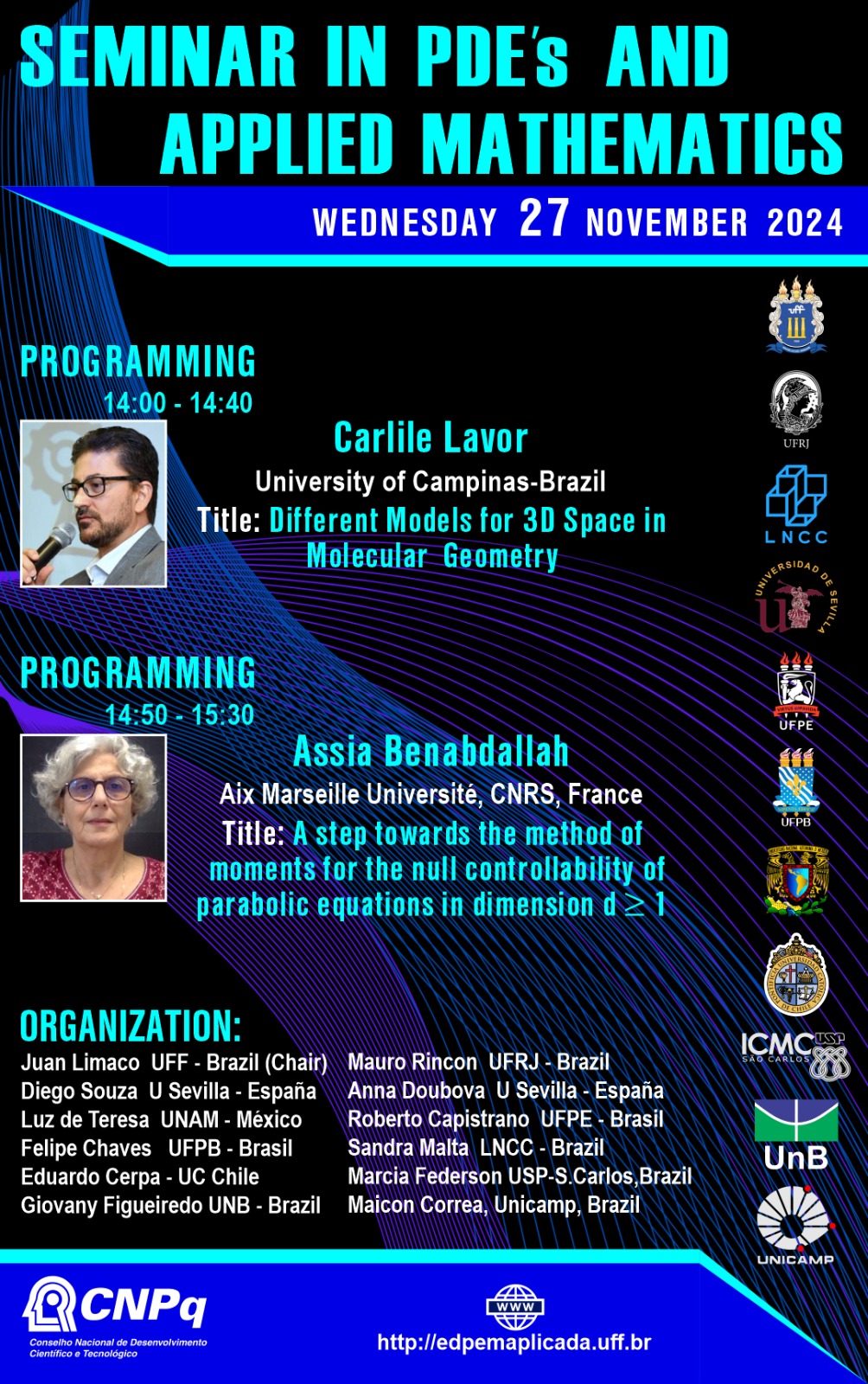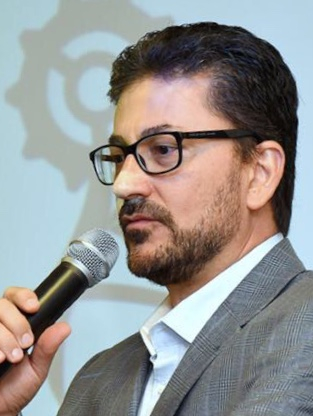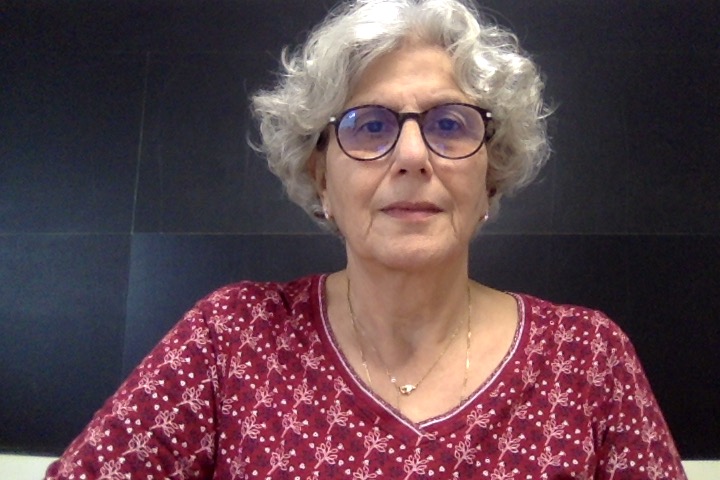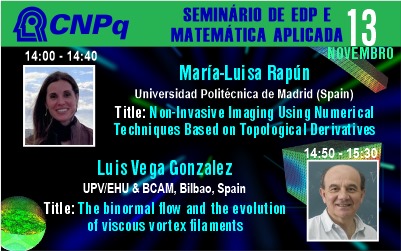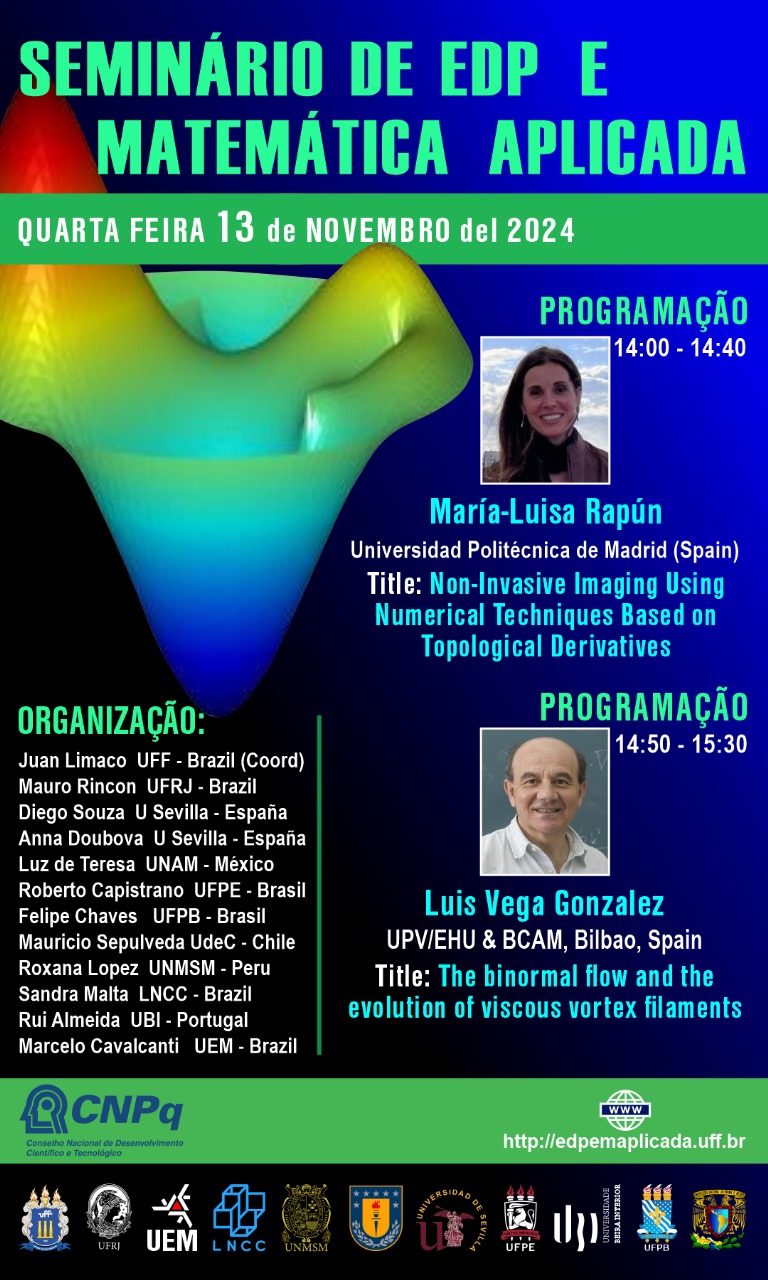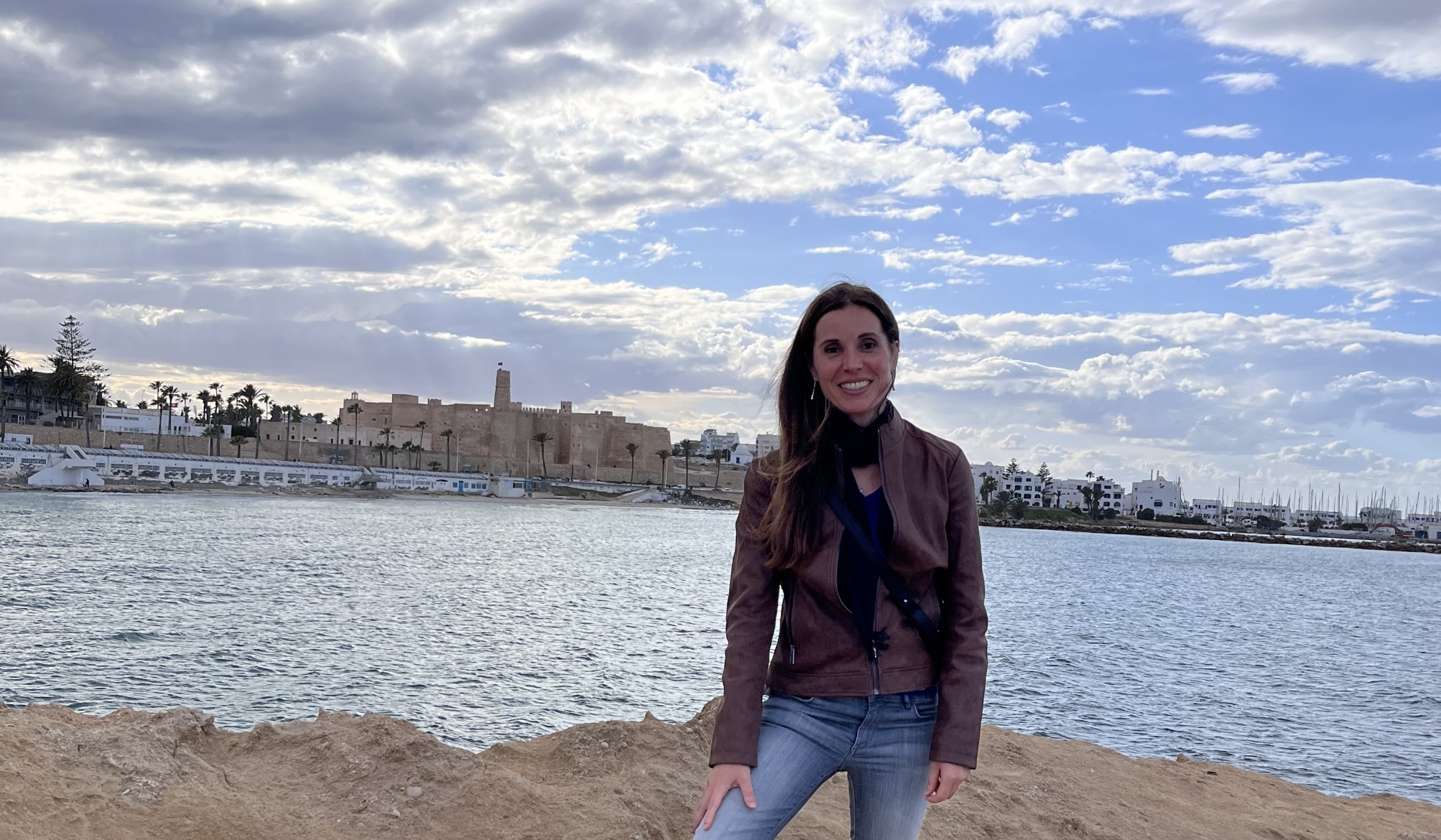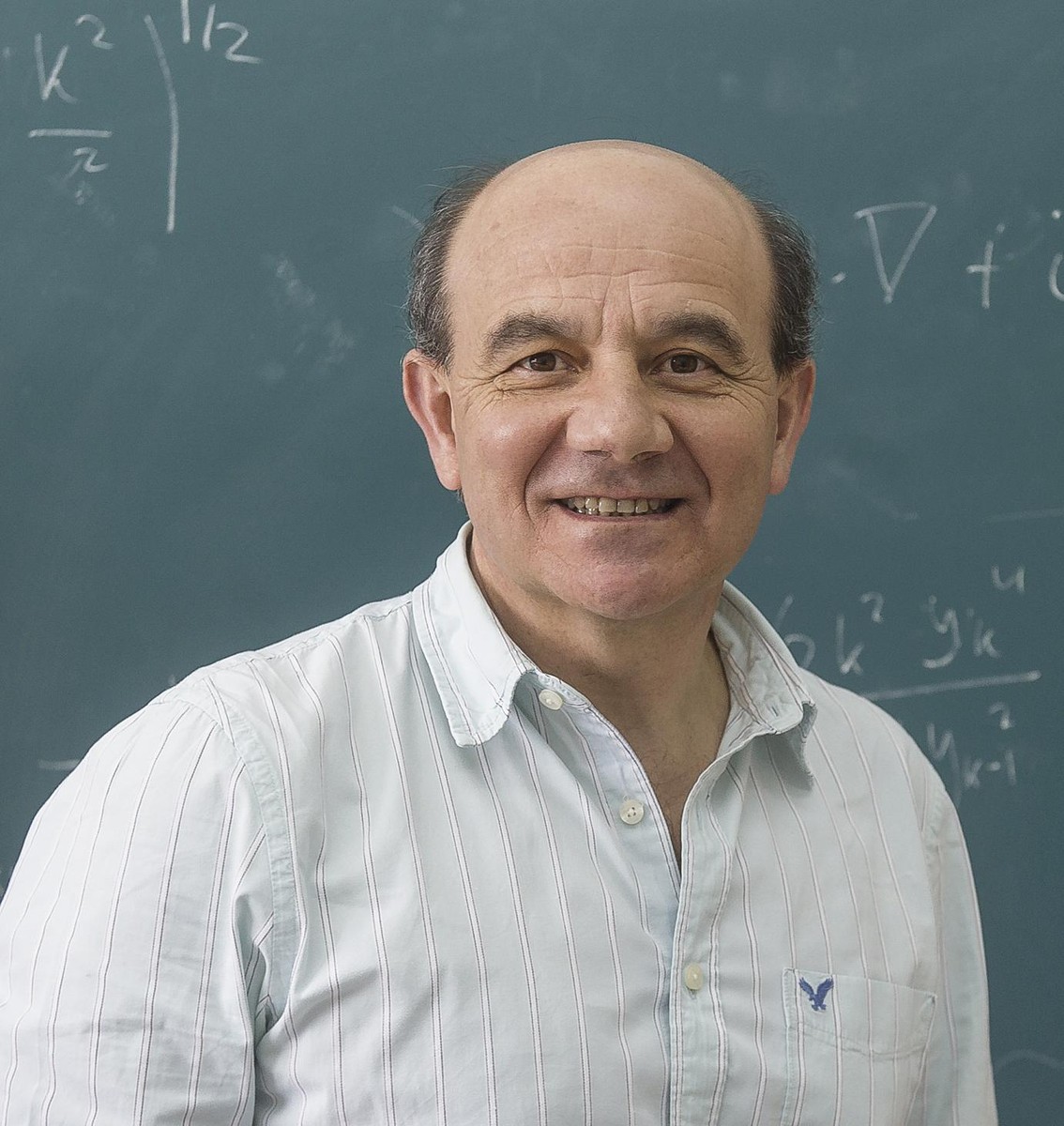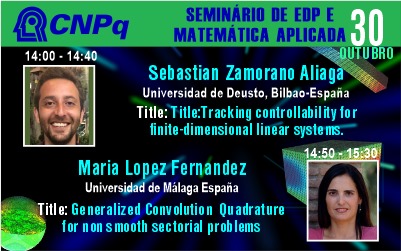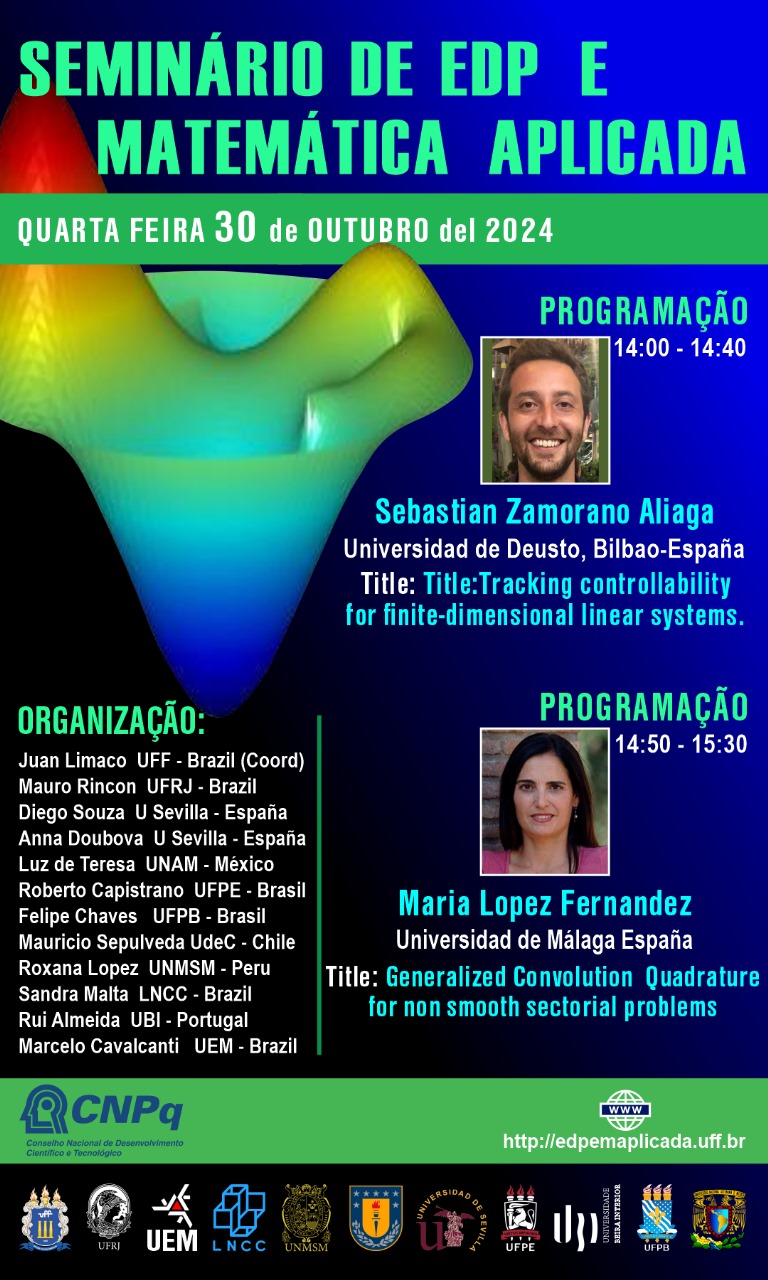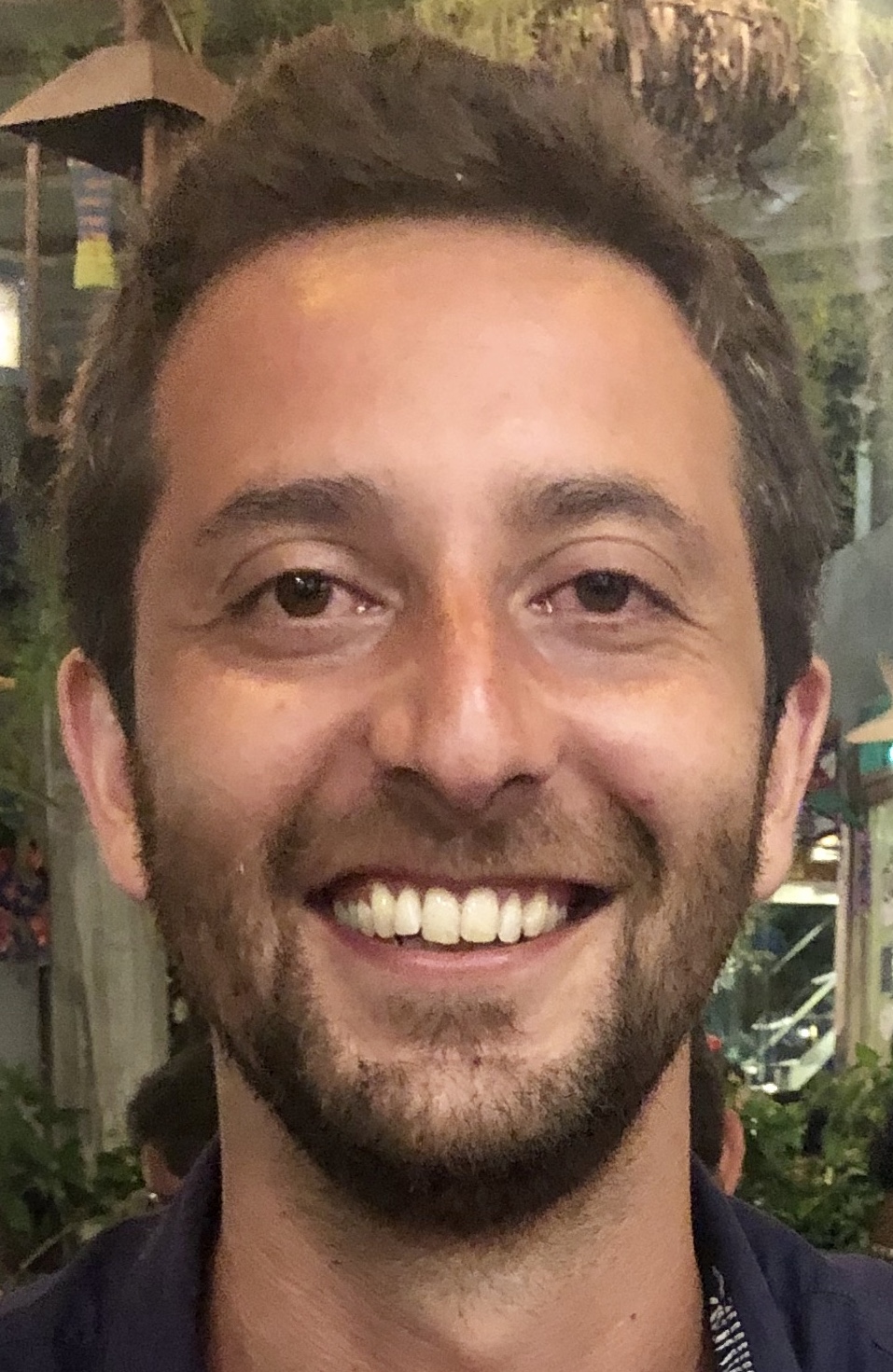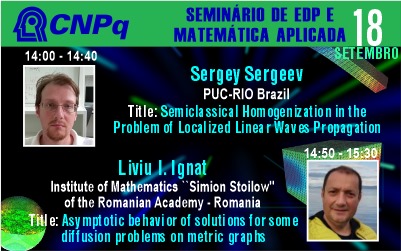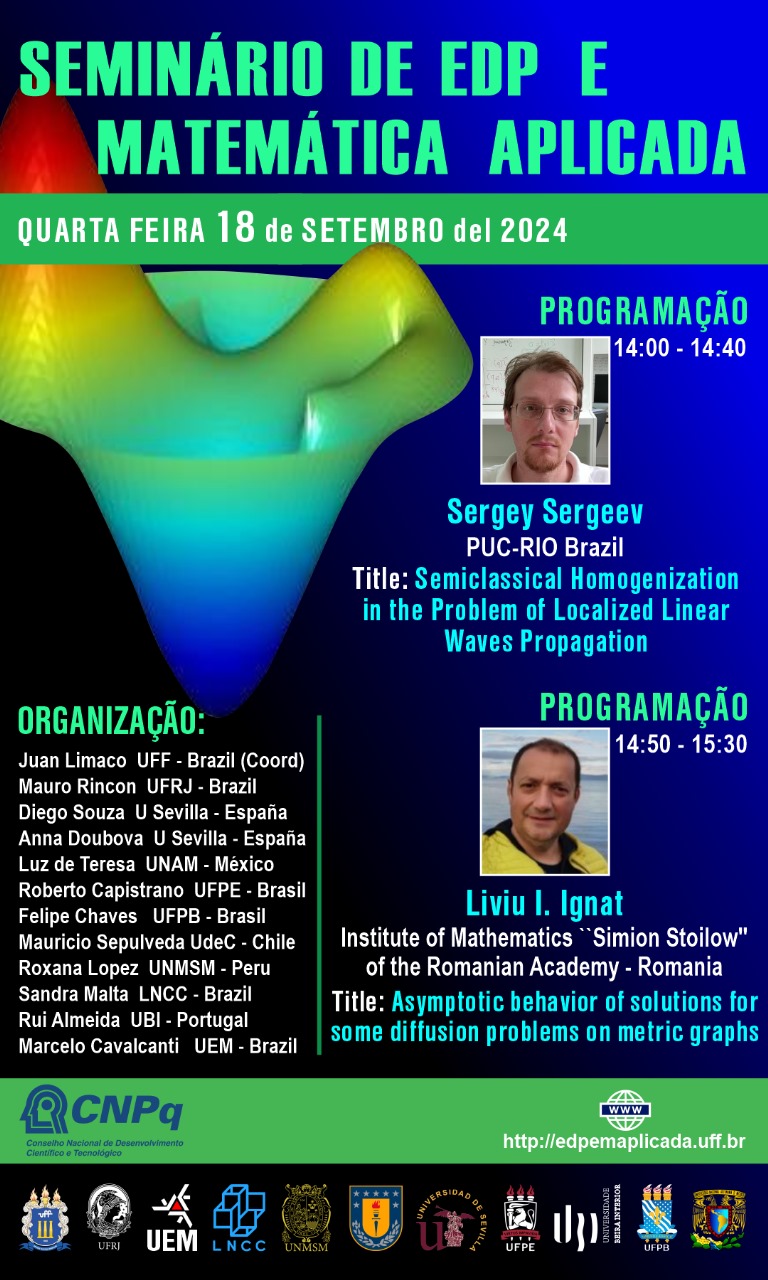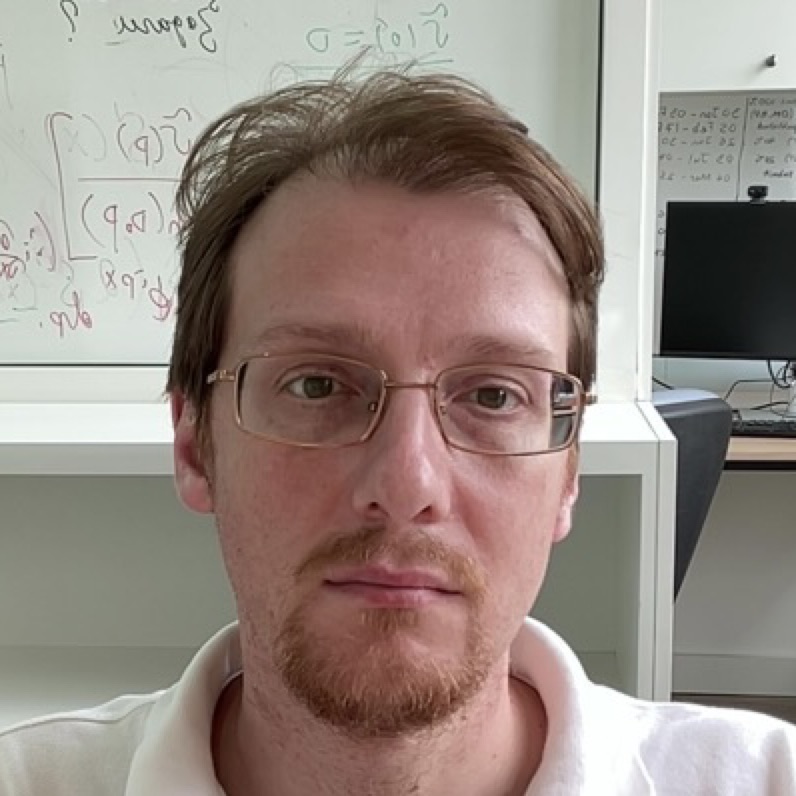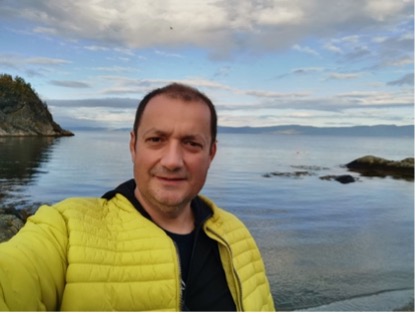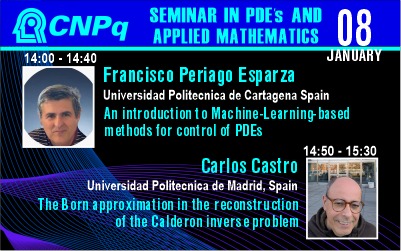
Seminar January 08 of 2025
Seminar in EDP and Applied Mathematics
January 08, 205 – 14h (Brazil)
Streaming: Youtube Channel | SEMINARIO DE EDP E MATEMATICA APLICADA
Event
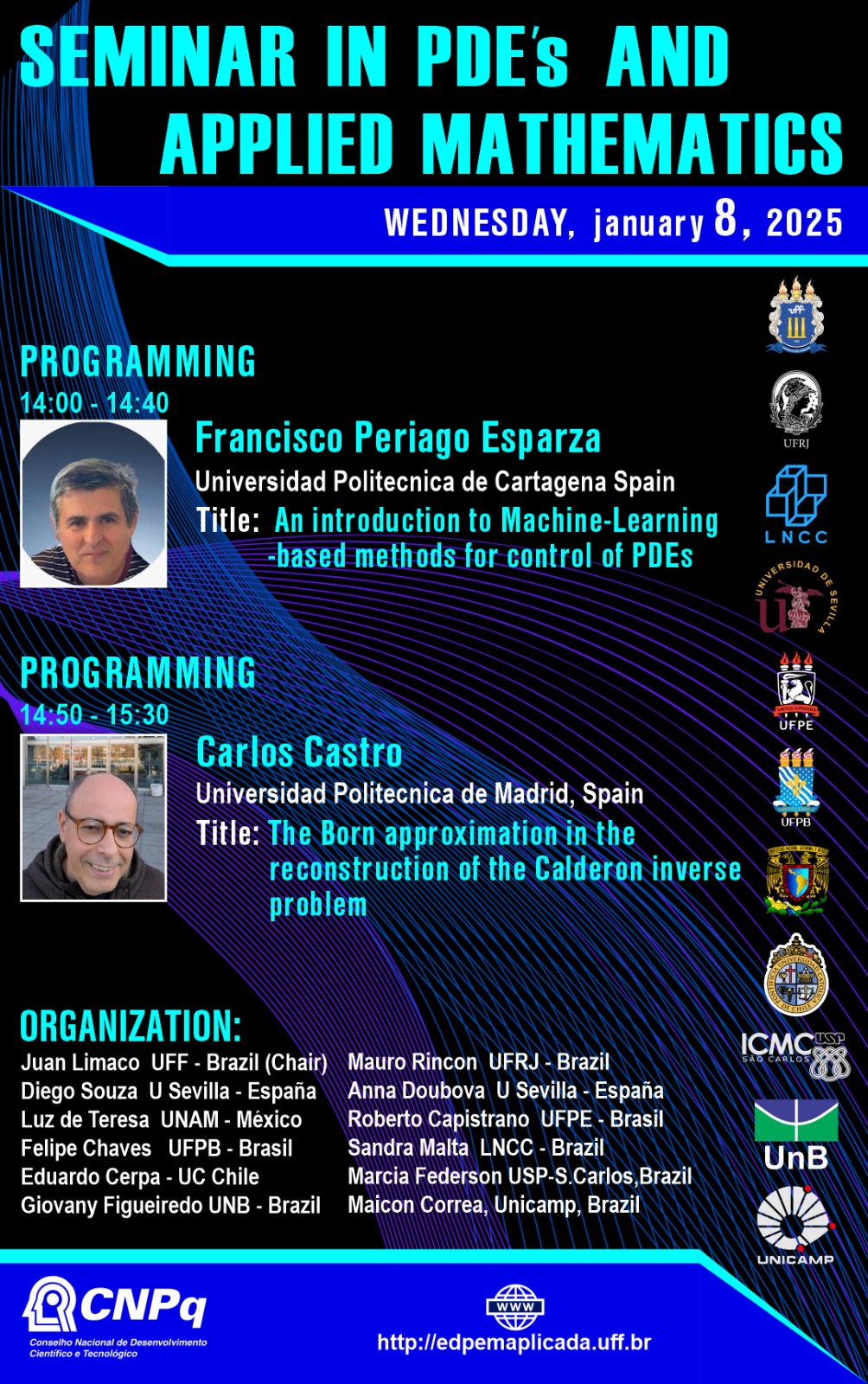
About Seminars
Our Online Seminar is one of the most important events in Brazil, it has been held since August 2020, every Wednesday at 2 pm, Brasília time, with a frequency of 14 days. Two 40-minute lectures are presented in each session. Our speakers are world-renowned mathematicians from Europe, the United States and South America.
Featured Talks & Speakers

Francisco Periago Esparza
Universidad Politecnica de Cartagena Spain
14:00h – 14:40h
An introduction to Machine-Learning-based methods for control of PDEs
In this talk, we will review on some recent developments concerning the use of Machine Learning-based methods for the numerical approximation of control problems for PDEs. Precisely, we shall focus on Physics-Informed-Neural-Networks (PINNs) and Deep Operator Networks (DeepONet). Both, theoretical and numerical simulation results will be presented. The talk is based on joint works with C.J. García-Cervera (UCSB, USA), M. Kessler (UPCT, Spain) and P. Pedregal (UCLM, Spain)
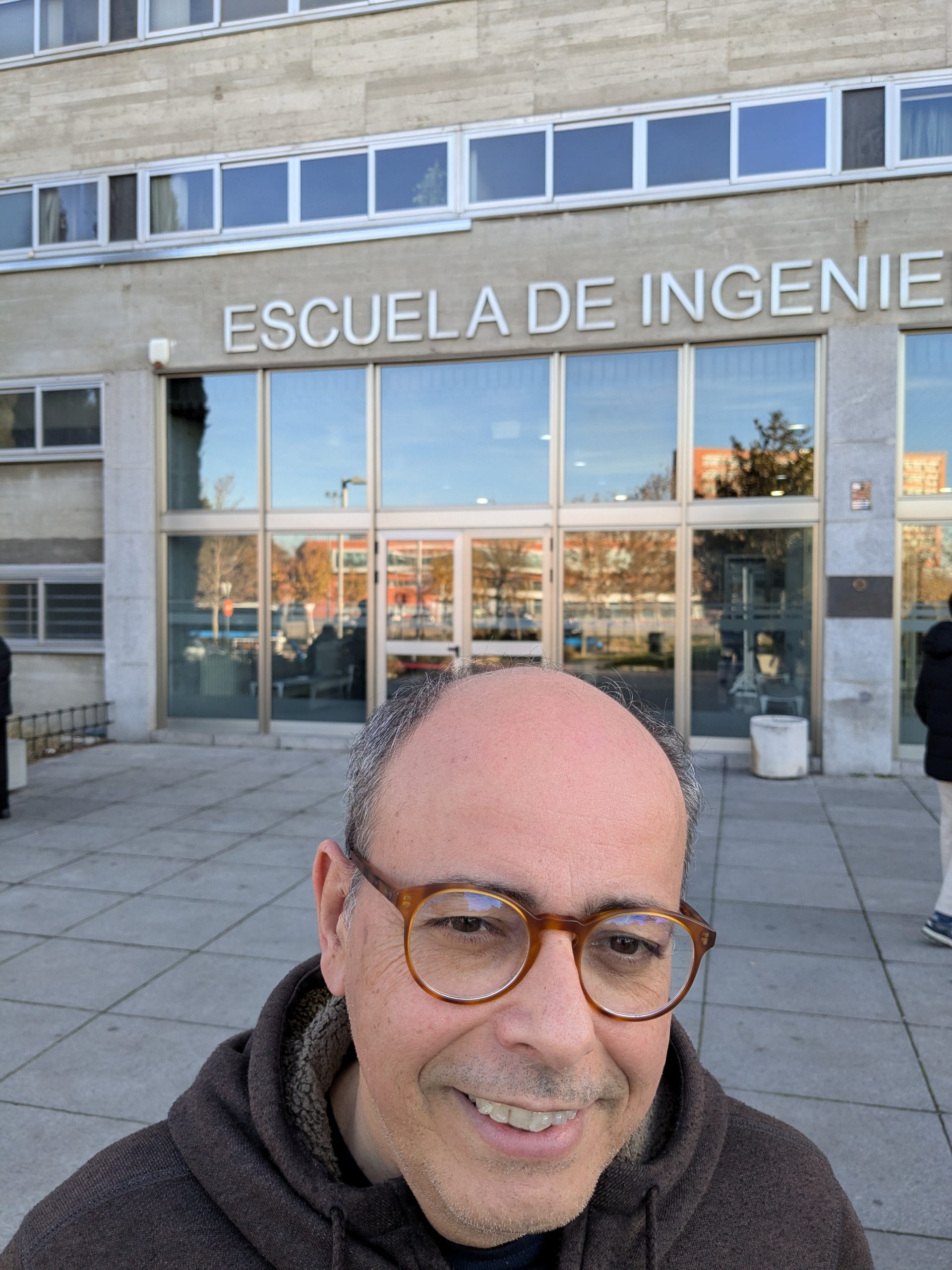
Carlos Castro
Universidad Politecnica de Madrid, Spain
14:50h – 15:30h
The Born approximation in the reconstruction of the Calderon inverse problem
The reconstruction in the Calderon inverse conductivity problem is considered. A suitable linearization of the inverse problem allows us to define the so-called Born approximation. This provides a good reconstruction only for the high frequencies of the conductivity. In a recent work, we established a new formula relating this Born approximation with the Dirichlet to Neumann map and the momenta of the conductivity coefficient. Based on this formula, we give a new convergent iterative algorithm that improves the numerical reconstruction given by the Born approximation. We illustrate the process with numerical experiments for radial and non-radial potentials.
This is part of a collaboration work with J.A. Barceló, F. Macià, D. Mendoza, and C. Meroño.
About Organization
Juan Limaco -UFF-Coordenador
Mauro Rincon – UFRJ – Brazil
Anna Doubova-U.Sevilla-Spain
Luz de Teresa-UNAM Mexico
Diego Souza – U Sevilla -Spain
Felipe Chaves-UFPB-Brazil
Roberto Capistrano – UFPE Brazil
Sandra Malta – LNCC – Brazil
Eduardo Cerpa – U.C – Chile
Giovani Figueiredo – UNB – Brazil
Marcia Federson USP,San Carlos –Brazil;
Maicon Correa – UNICAMP- Brazil
Our Partners
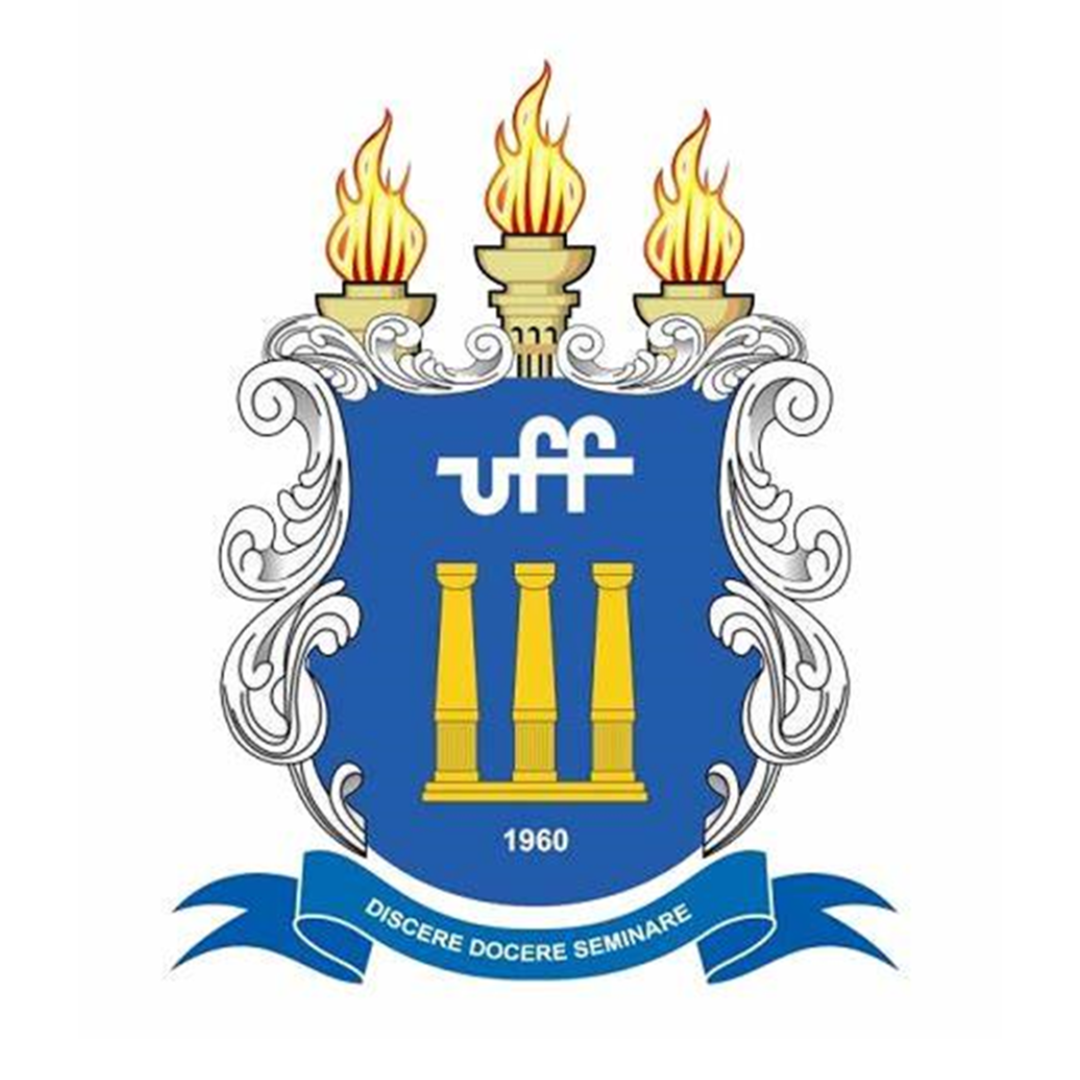

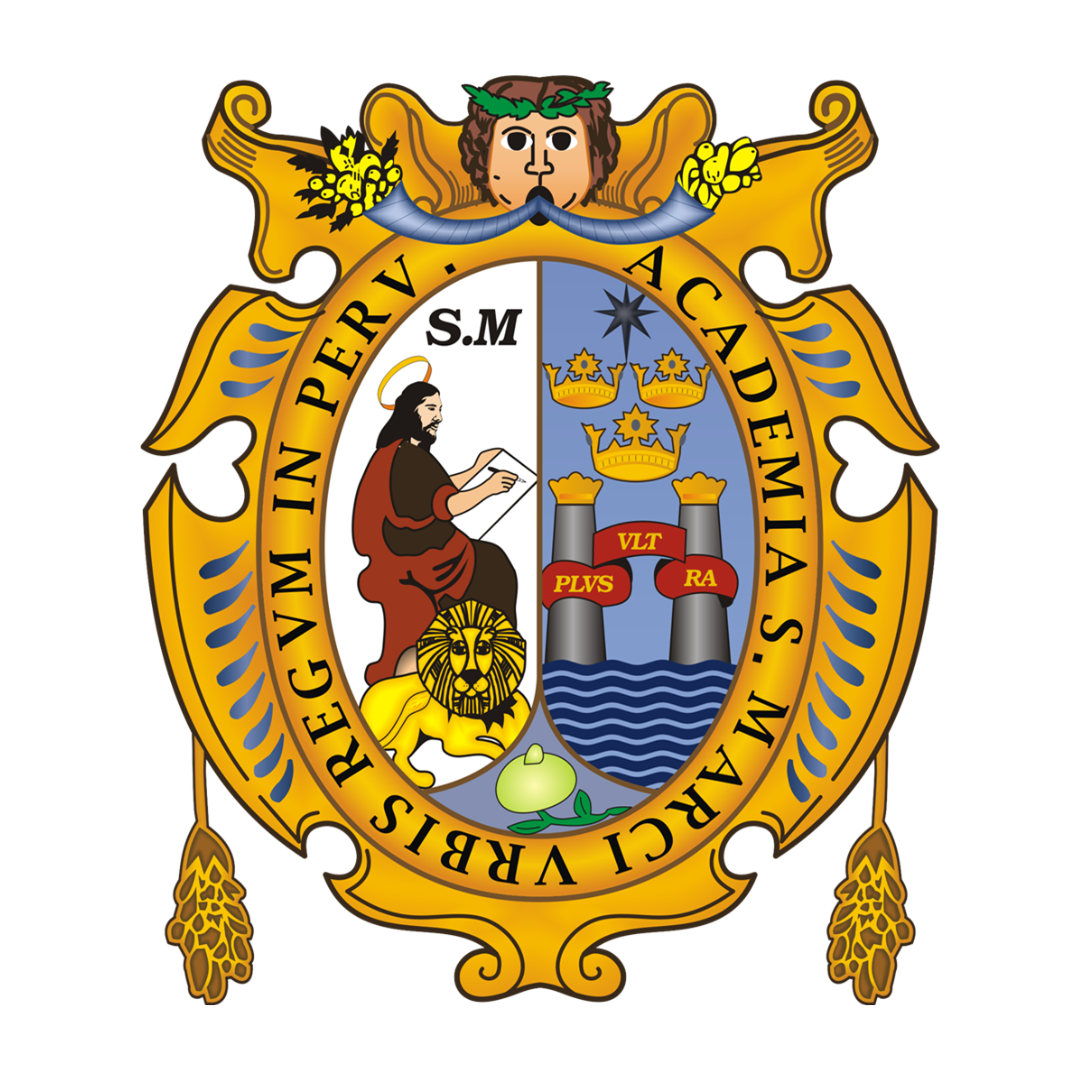

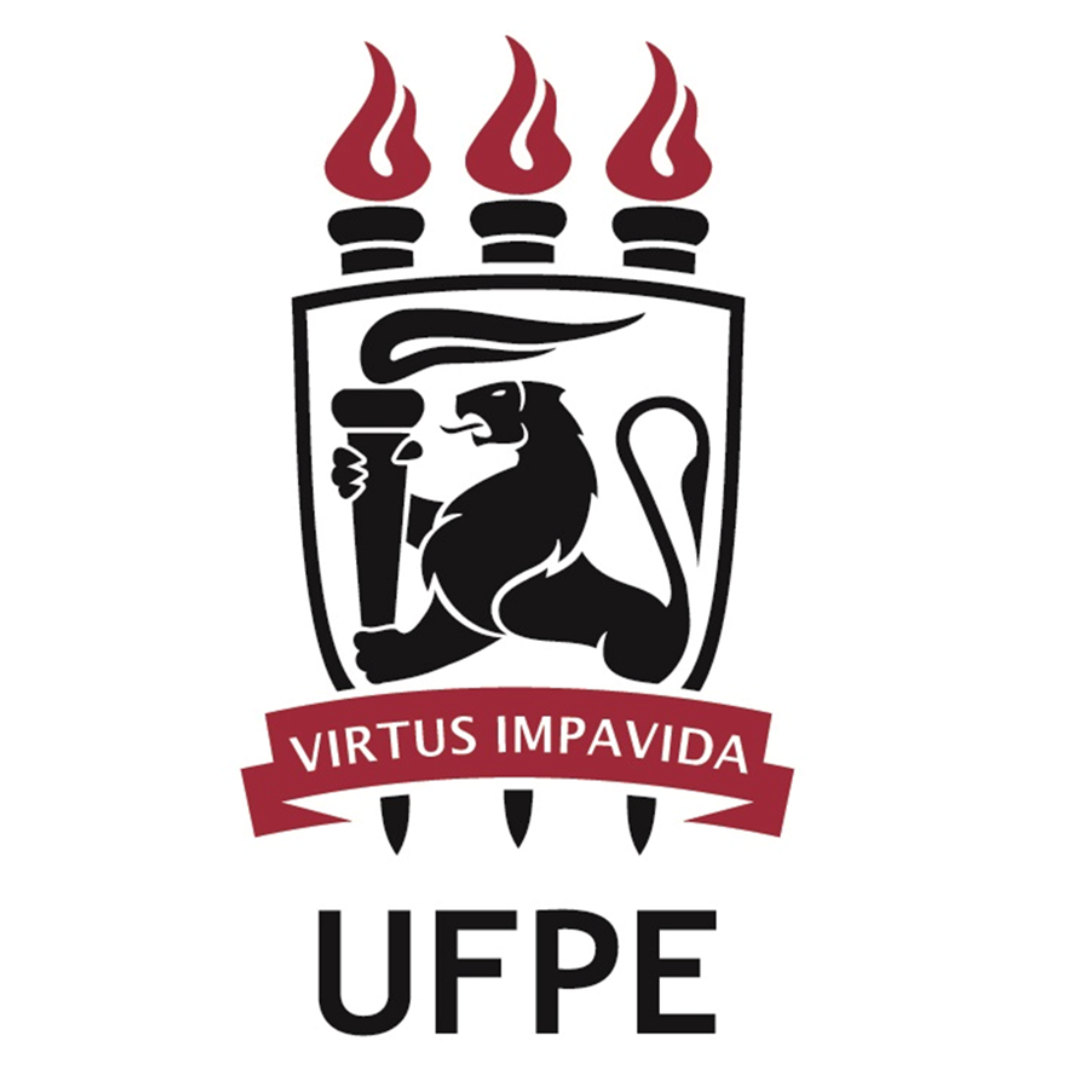
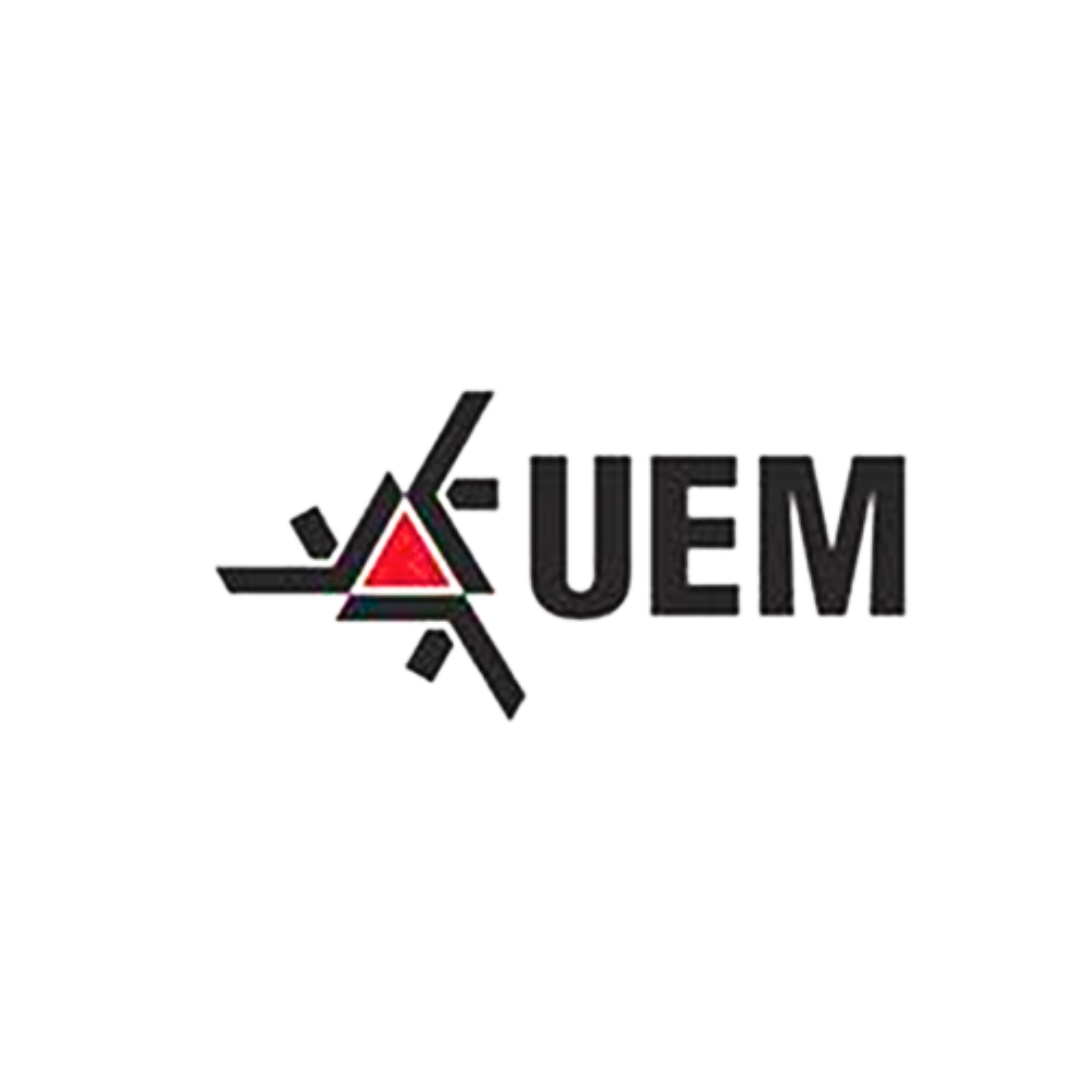
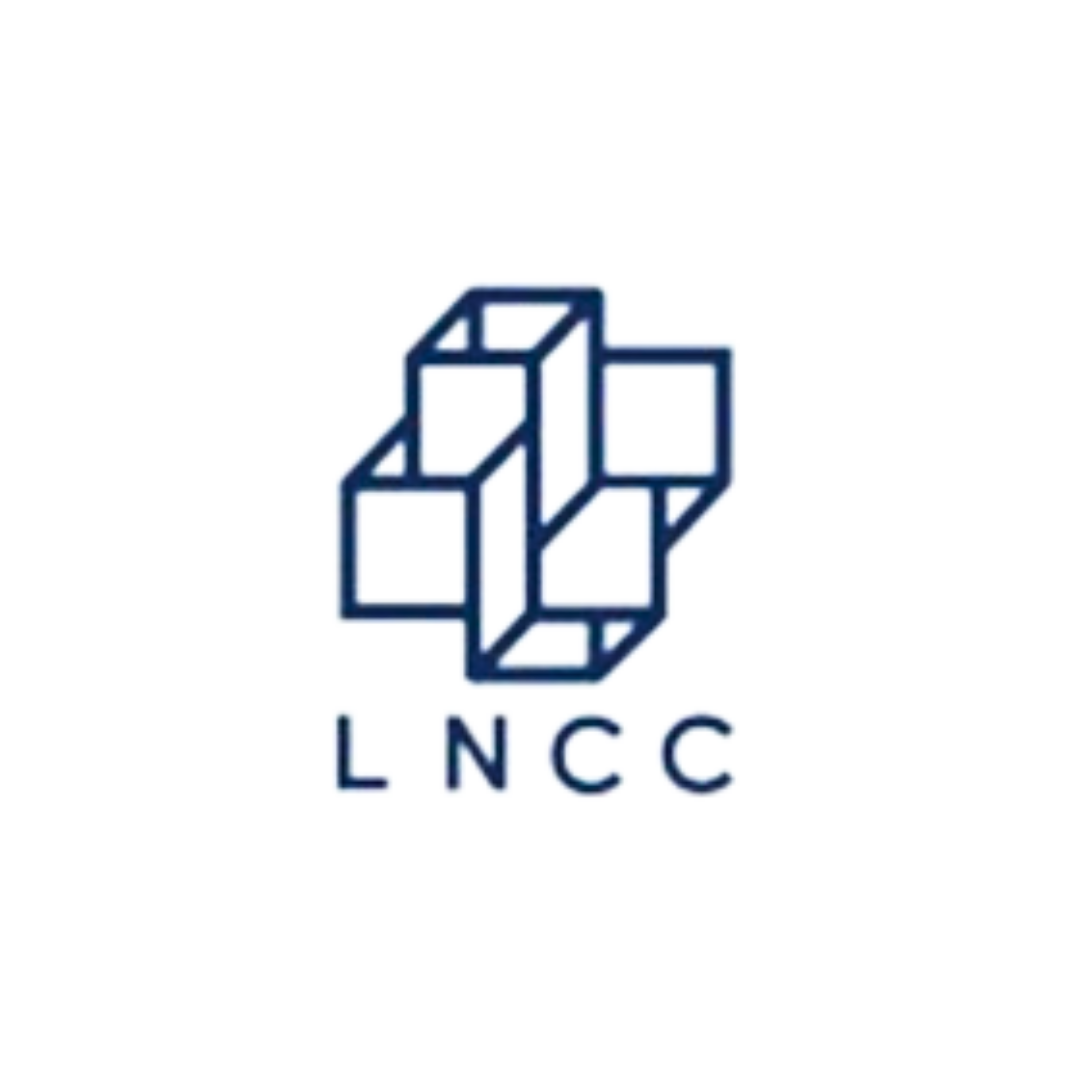

Access our channel!
A channel for students, professors, researchers and professionals who wish to deepen their knowledge in EDP and applied mathematics.

